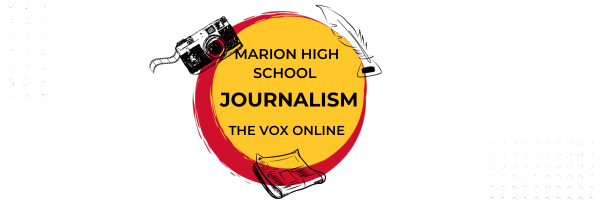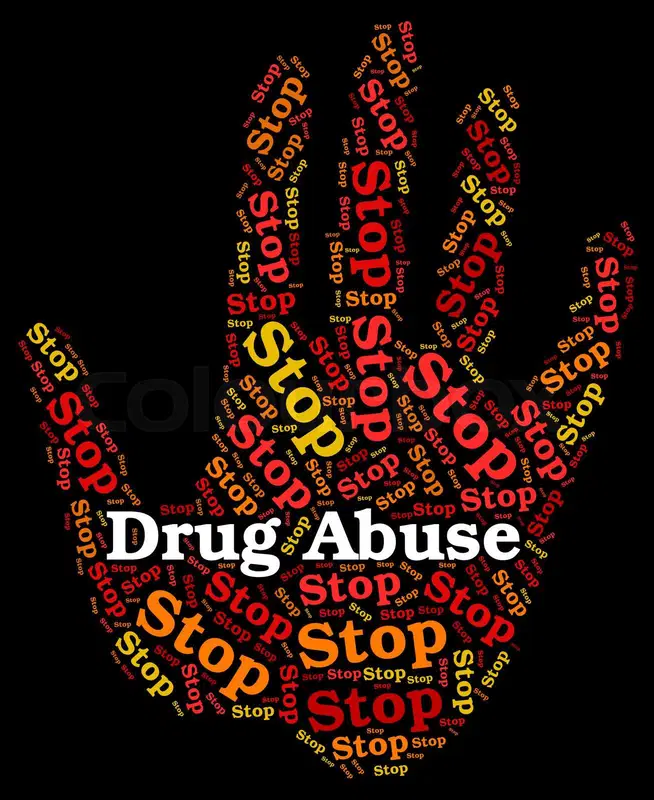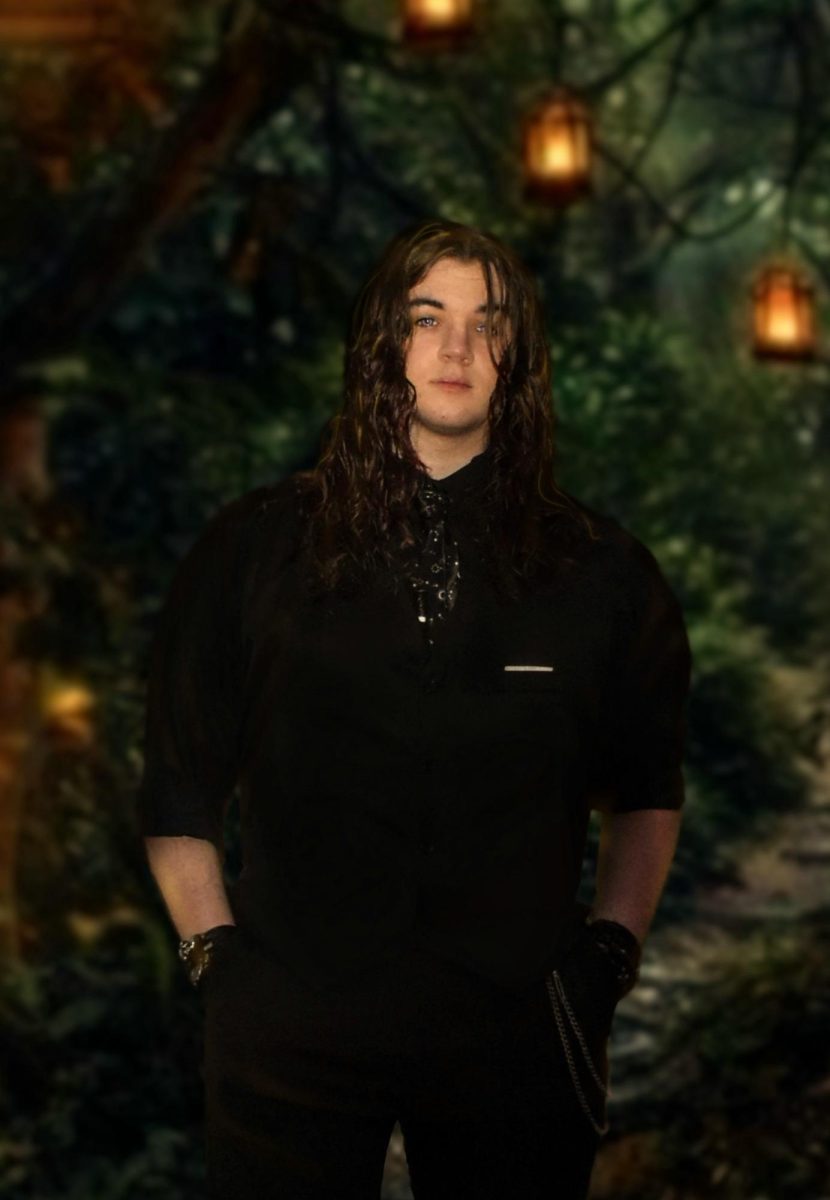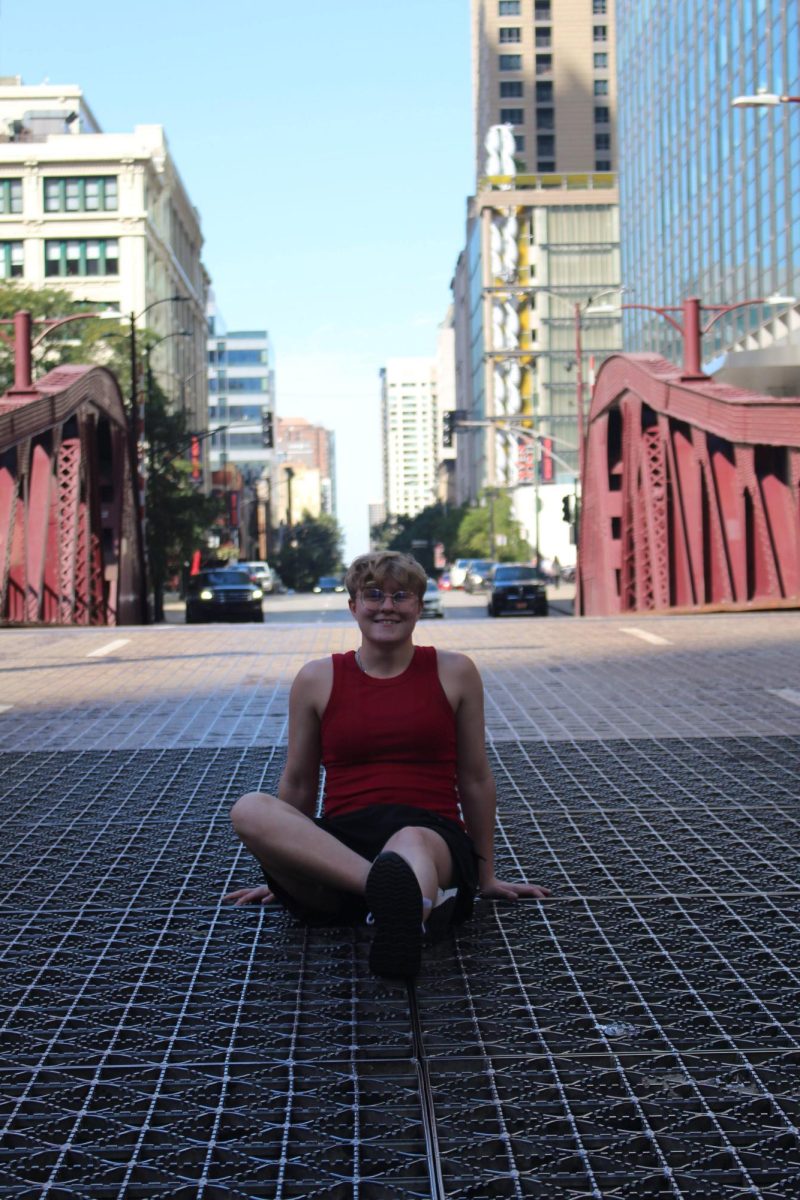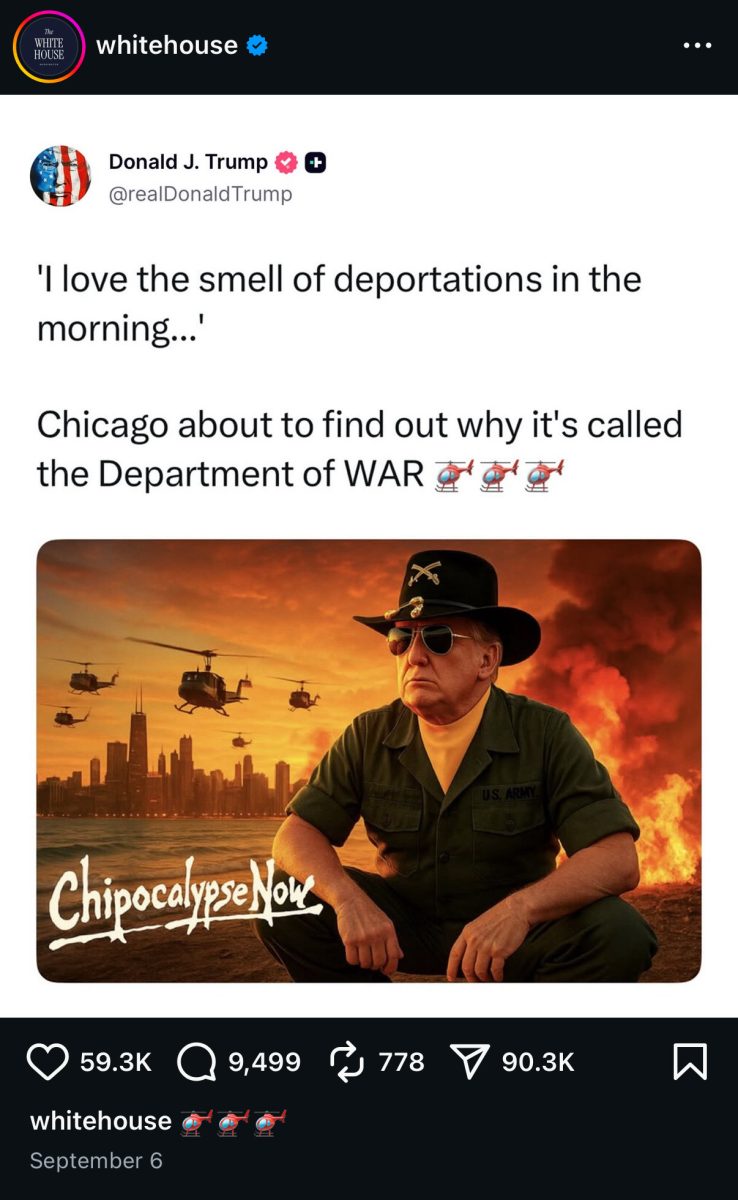We all struggle in high school to build up our college resume and try to be a part of all activities possible, taking any opportunity that might positively influence admissions. We attempt different sports or clubs, and maybe something that involves volunteering, to hit two birds with one stone. Take Charge, one of the school’s organizations, is generally something that looks favorable on applications, so numerous students, myself included, join. It also doesn’t hurt that it provides a way to evade class once and a while. Although with our priorities so out of whack, it strays away from the primary purpose of Take Charge.
Take Charge is a club that should be defined as a program that raises awareness on drug and alcohol use. The core values of the institution are to reduce the risk of alcohol and other substance abuse, to increase the awareness of these abuses, and to increase knowledge in young children about what they can do to help. Take Charge has bi-annual presentations to younger students so that they can help support their fellow classmates with their questions. You would think that such an organization would draw students who care deeply about helping those who have struggles and are in need of support. However, lately, this organization has fallen to being about status and college admissions and not for the betterment of others.
On the other hand, some students are unable to attend some events because of other, more pressing family issues. The directors don’t realize that students have other priorities that should rightfully come first. We should be more loyal to family than to school. Students nowadays, especially me, are struggling with a greater degree of ‘adult problems’ and we’re having to put our families and incomes above Take Charge. Many involved in this institution complain that they feel underappreciated and mocked for not being able to attend every activity. It all comes full circle; the students aren’t in it for the right reasons, so they can’t show up or are dealing with other things, and the supervisors of it aren’t understanding the reasons behind that, leading to all-around frustration.
Dr. Nitya Prakashonce said, “I think teenagers are the most misunderstood people on planet earth. They’re treated like children but are expected to act like adults.” We have all suddenly arrived in high school, and we have become an awkward age where we are too old to act like a kid, but not old enough to be seen as equals. Society expects us to be able to make responsible decisions, yet we aren’t trusted to carry them out. Take Charge is yet another example of this. Most of us are capable of making decisions that are for the better of not only ourselves, but also sacrificially for others as well. We know when we truly can not attend events and when we can push some things aside. For example, I attend almost all events for Take Charge, even when I’m signed up without being asked, but I am unable to attend most after-school meetings. Those in leadership must understand that we are doing the best we can and that missing a few meetings does not impact the overall mission. It should not be seen as lazy if we are more loyal to our family instead of an organization. In general, Take Charge is causing more issues with students involved than solutions.
